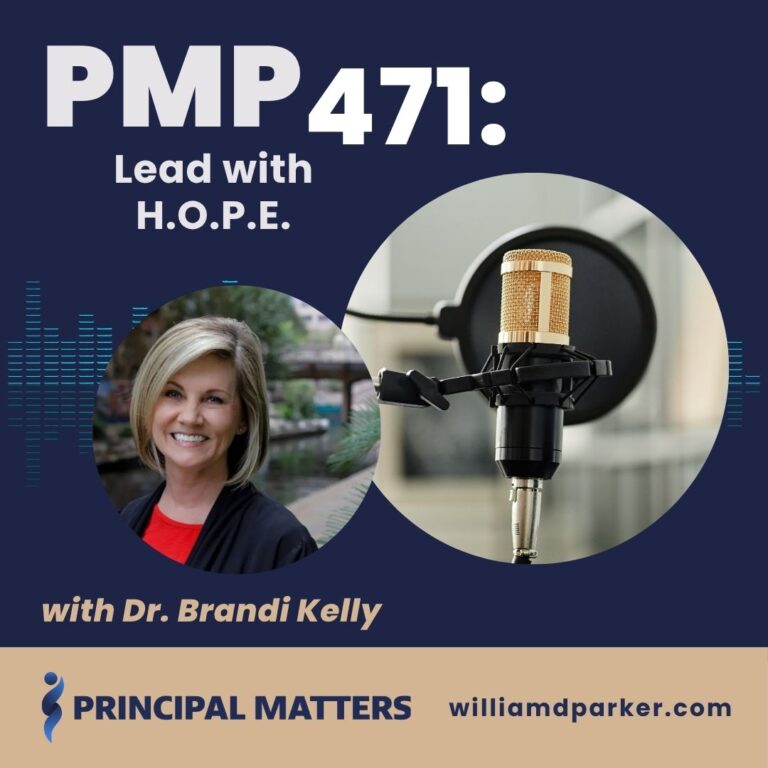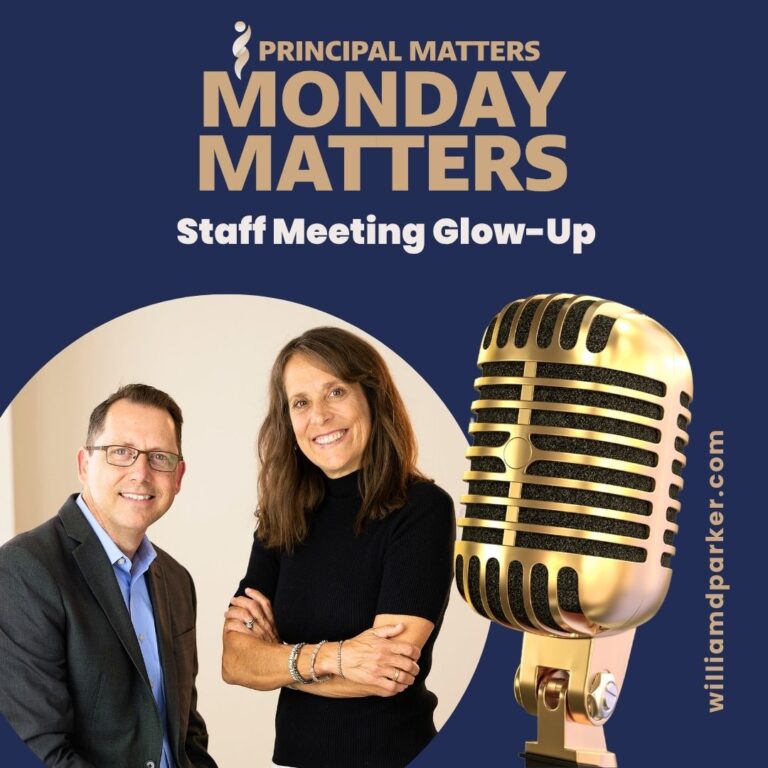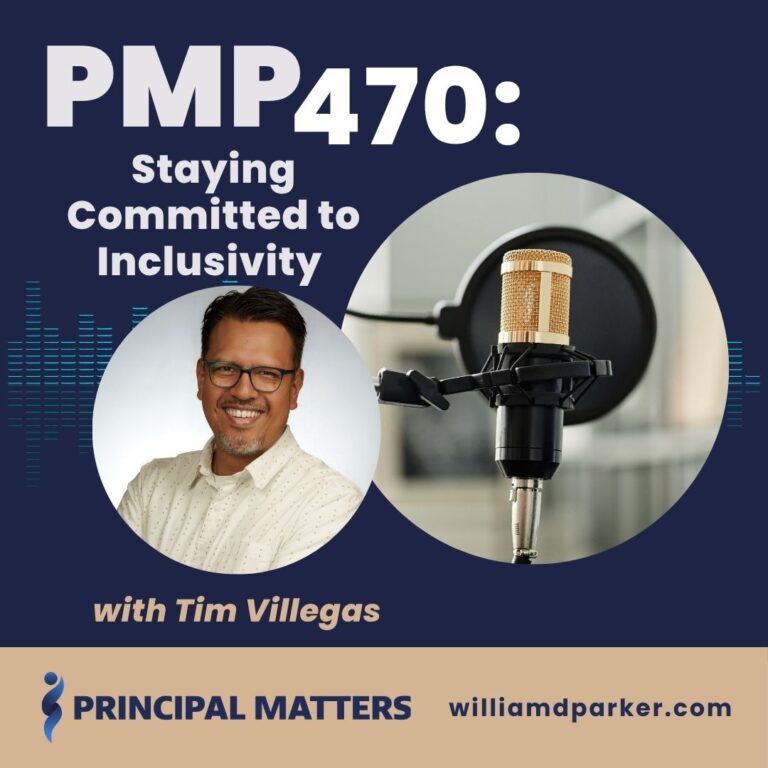Podcast: Play in new window | Download
This week on Monday Matters, Jen Schwanke and Will Parker discuss a post written by Will. Check out the post below and listen in to hear their thoughts on it!
Random Moments, Major Outcomes by Will Parker
I recently listened to an insightful episode of Hidden Brain that really provoked my thinking.
In the interview, host Shankar Vedantam shares the incredible story of Ivan, a man who was swept out to sea while swimming in Greece and survived against all odds—thanks to a random, drifting ball that had been kicked into the ocean by a little boy ten days earlier and 80 miles away from where Ivan was rescued. This story set the stage for a discussion with political scientist Brian Klaas about the hidden forces of chance and randomness in our lives.
As I listened, I was struck by two ideas:
- We are very good at predicting outcomes based on data, trends, seasons, and experience.
- We are very bad at predicting outcomes when we fail to take into account the random, unknown, or unseen forces involved.
Brian Klaas points this out in the interview by explaining that human behavior tends toward focusing on what we can control. As a result, however, when we are confronted with situations outside of our control, we often respond with alarm, despair, or uncertainty.
His suggestion for embracing both realities is to focus on building resilience. In other words, when we learn to take a look at our behaviors from the perspective of what values we hold or the kinds of character traits we would like to possess, we are better situated emotionally to handle or respond to the unexpected.
Lost at Sea
For more context, when the story of Ivan’s rescue made it on the news, people learned he had been struggling in the ocean for an entire night while rescuers searched for him. While treading water in the early hours of the morning, he was about to give up when he spotted a ball floating nearby. He grabbed onto it, and it waved his life until rescuers found him a few hours later. When the story hit the news, it was seen by a woman in a different part of the country. It was her son, who ten days earlier had been playing with his siblings on the beach. The boy kicked the ball too hard in the direction of the water, and it floated away on the ocean waves. When the mother saw the news story, she recognized the ball.
What are the chances that a man close to drowning in the ocean could be saved by a passing beach ball? Very slim. What is the reality that this actually happened? Ask Ivan and the mother of the boy who lost the ball.
Listen to the podcast episode yourself for more context and takeaways. For this post, I just want to reflect on the beauty and power involved in the second of his ideas. When we fail to take into account the random, hidden forces involved in our lives or work, we may also be failing to be aware of the impact of our own actions on others.
The point is this: Every day, you are involved in actions, conversations, and interactions with others with sometimes unseen but often powerful effects.
If you are an educator, you pour time and energy into lessons, feedback, and assessments to measure student outcomes. If you are an education leader, you strategize and execute in ways you hope improve learning outcomes across school communities. What you may never be able to measure, however, is the collective impact you are having in the hidden and unseen circumstances that lead to outcomes.
A friend of mine, Jim Wingo, will be 90 years old this year. He told me the story of the year he graduated from high school. His teacher of Agriculture Science came to see him at the local butcher shop, where Jim worked after school. He told Jim about a Civil Service scholarship exam that was being given that day at school, and he grabbed Jim by the elbow, still wearing his bloody butcher’s apron, and escorted him to take the test.
That exam qualified Jim for a scholarship that eventually led to his career as a nuclear scientist and his rank as a Colonel in the U.S. Army until his retirement.
One random moment taken by one teacher changed the life of one young person for generations. Jim’s son is now my family physician. What are the chances I would have his care today if not for that teacher’s generosity more than fifty years ago? What were the chances that a beach ball kicked by a boy in the ocean would save a life? What are the chances the smallest gesture of help you offer today could change the life of a child or colleague?
Let’s Wrap This Up
Today, as you do what you know is in your control, do not fail to recognize the power of intentional and meaningful action. At the same time, as you are confronted by what is out of your control, do not fail to recognize the power of building your own resilience to face whatever random, unplanned events that are coming your way, either. With perspective for what you can control and what you cannot control, you may be taking an action today (intentional or unintentional) that creates momentum and impact for others in ways you’ll never see. Isn’t that what makes life so beautiful anyway?
Now It’s Your Turn
What is a time when a seemingly random event dramatically changed an outcome or situation for you? How can we work on our resiliency to respond to the unexpected with wisdom instead of fear or overreaction?
Source cited:
https://hiddenbrain.org/podcast/wellness-2-0-the-art-of-the-unknown/




